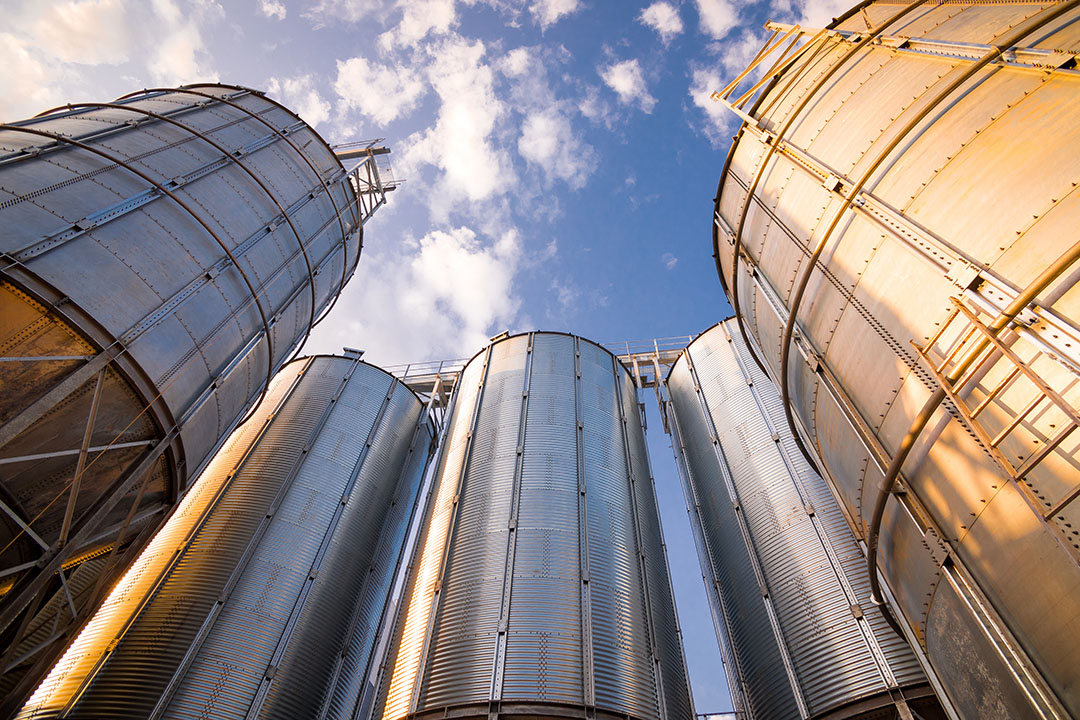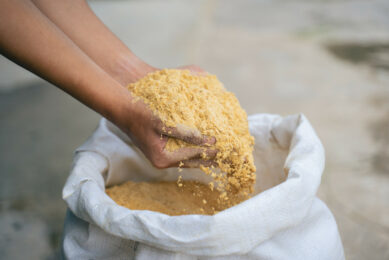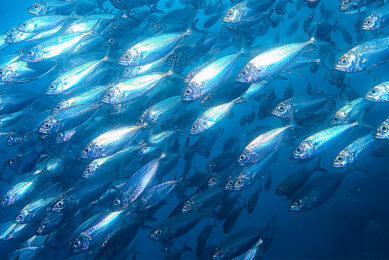Russia plans to cut dependence on imported feed additives

Russian deputy prime minister, Victoria Abramchenko has instructed the Agricultural Ministry to develop a roadmap of reducing the country’s reliance on imported feed additives.
On June 15, the government adopted a roadmap for the new Food Security Doctrine approved by Russian President Vladimir Putin earlier this year.
Under that roadmap, the government set a target to achieve a better level of self-sufficiency on a broad range of products. For example, self-sufficiency of seeds of main crops should reach at least 75%. Feed additives, however, were not included in that programme. A separate roadmap is needed to fill that gap.
 Russia sets its sights on rebuilding feed industry
Russia sets its sights on rebuilding feed industry
The Russian government wants to pump billions into a major project to make the domestic feed industry more effective and efficient, but it’s likely to cost more.
Since 2014, when the country was subjected to international sanctions, Russian government officials repeatedly expressed concerns over the import-dependence of the country’s agricultural industry on imported raw materials and technologies.
![]() All About Feed has partnered with Glowlit to give readers access to real-time pricing of amino acids and vitamins.
All About Feed has partnered with Glowlit to give readers access to real-time pricing of amino acids and vitamins.
In early November, the Russian Agricultural Ministry presented a new feed and feed additives development programme, in which it was officially acknowledged that feeding was the Achilles heel of the Russian livestock industry.
In particular, the Ministry estimated Russia’s imports at:
- 80% of amino acids,
- from 85% to 95% of feed antibiotics,
- from 70% to 90% of fermented feed,
- from 80% to 85% of mycotoxin neutralisers,
- 100% of feed vitamins,
- 30% of feed proteins of animal origin and
- 90% of micronutrients.











